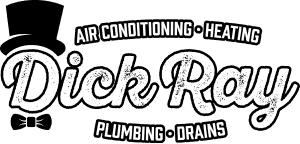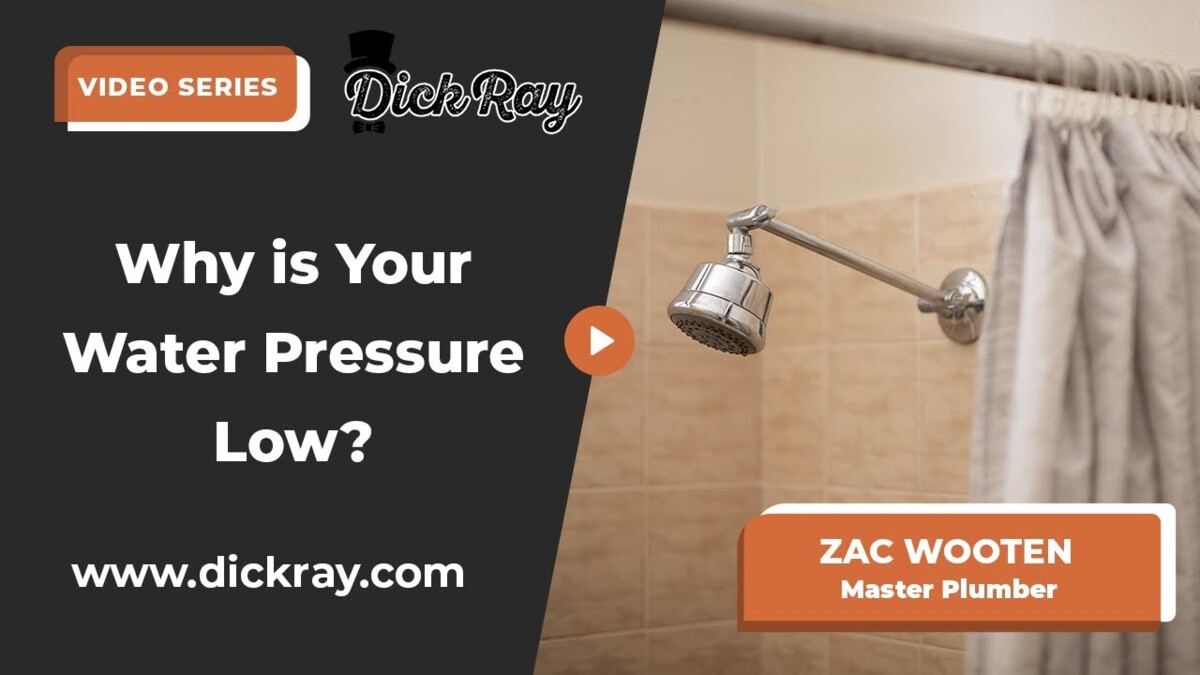Water damage ranks among the most frustrating and costly issues for homeowners. Imagine waking up to a flooded basement, with water seeping through the walls and pooling on the floor. This nightmare scenario is something everyone wants to avoid. An effective solution to prevent such disasters is a sump pump.
What is a Sump Pump?
A sump pump is an essential device for homes prone to flooding, especially during heavy storms. It works by collecting and pumping out water that accumulates in a sump basin, typically found in the basement or crawl space. If you have noticed water entering your home through cracks in the basement floor or where the floor meets the wall, a sump pump could be a crucial investment for you.
When to Consider a Sump Pump
- Existing Sump Pit: If your house already has a sump pit but no pump, it’s time to consider installing one. The pit is designed to collect water, and without a pump, the water has nowhere to go.
- Water Seepage During Storms: Recent heavy rains causing water to seep through cracks in your basement floor or where the floor meets the wall are clear indicators you need a sump pump.
- Foundation Cracks: Cracks in the foundation walls above the floor level may not be addressed by a sump pump. These require exterior solutions to divert water away from the house.
Different Types of Sump Pumps
There are various sump pump systems to choose from, each suited to different needs:
- High Capacity Pumps: Ideal for homes with significant water issues. These pumps can handle large volumes of water and are suitable for homes with finished basements.
- Battery Backup Pumps: Essential for ensuring your basement stays dry even during power outages. These pumps run on battery power when the electricity goes out, providing peace of mind during storms.
- Combination Systems: These include both a primary pump and a battery backup, offering the best protection. They ensure continuous operation during power outages and heavy storms.
Our Sump Pump Recommendation
For optimal protection, we recommend installing both a high capacity pump and a battery backup pump. This dual system ensures that you are covered in all situations. Here’s why:
- Continuous Operation: During a storm, having two pumps means you can handle a larger volume of water. If one pump is overwhelmed, the second one kicks in to help.
- Power Outage Protection: The battery backup ensures your pump continues to operate even when the power is out. A deep cycle battery can run for about 7 hours continuously, but typically provides 10-12 hours of intermittent operation.
- Regular Testing: Many battery backup systems come with a computer that tests the pump weekly, ensuring it’s always ready to perform when needed.
Maintenance and Replacement
Regular maintenance is vital to ensure your sump pump operates efficiently. Here are some tips:
- Test the Float: If your pump has a float, check it periodically by raising it to see if the pump activates.
- Pressure Switches: For pumps with pressure switches, fill the sump pit with water using a garden hose to test if the switch triggers the pump.
- Battery Backup Systems: These often come with automatic testing features that activate the pump weekly, ensuring it’s in working order.
Replacement Schedule
Even if your sump pump appears to be working fine, it’s recommended to replace it every 5-7 years. Regularly testing the float or pressure switch helps you stay ahead of potential failures.
Key Considerations for Installation
- Location of the Sump Pit: Ensure the sump pit is in a location where it can effectively collect water.
- Proper Discharge: The discharge line should lead water away from your home’s foundation to prevent it from re-entering.
- Professional Installation: While some may opt for a DIY approach, professional installation ensures the system is correctly set up and reduces the risk of future issues.
In Summary
A sump pump is an essential tool for preventing basement flooding and water damage, especially during heavy rains. Assess your home’s needs, choose the right type of pump, and ensure regular maintenance to keep your basement dry and protected.
If you’re unsure about which system is best for your home, or need professional installation, contact us for expert advice and service.




